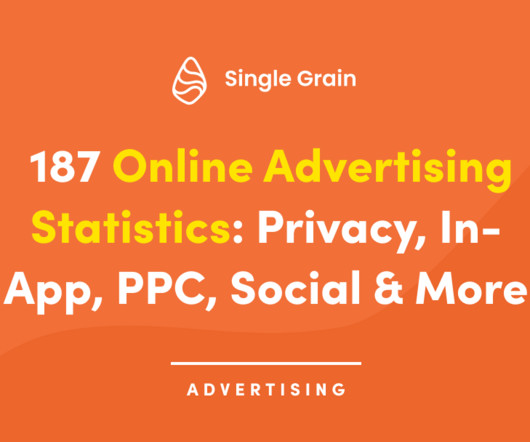European Data Protection Board Agrees Ground Rules for Cookie Banners
VideoWeek
JANUARY 19, 2023
When the EU’s General Data Protection Regulation (GDPR) came into force in 2018, it became a legal requirement across the EU to collect explicit user consent in order to process any personal data. Cookie banners were nothing new. Except, specifications around what cookie banners should look like were vague.





















Let's personalize your content